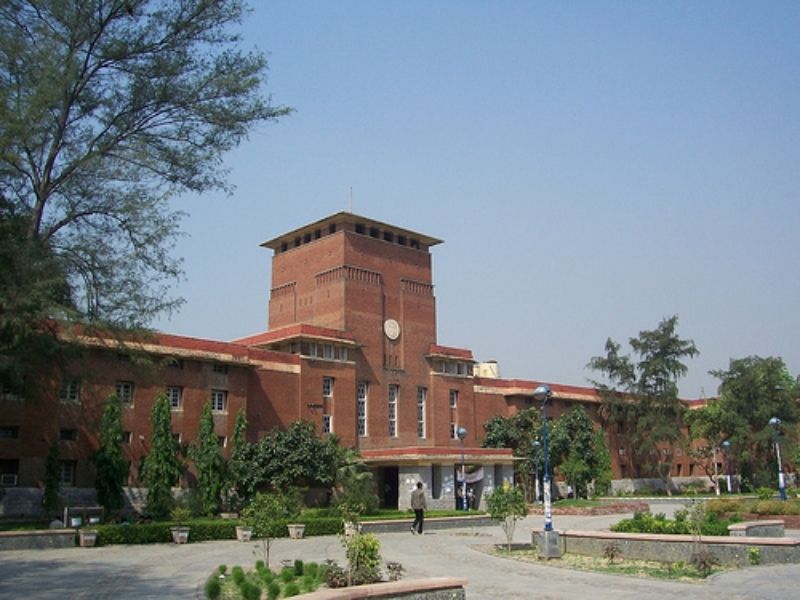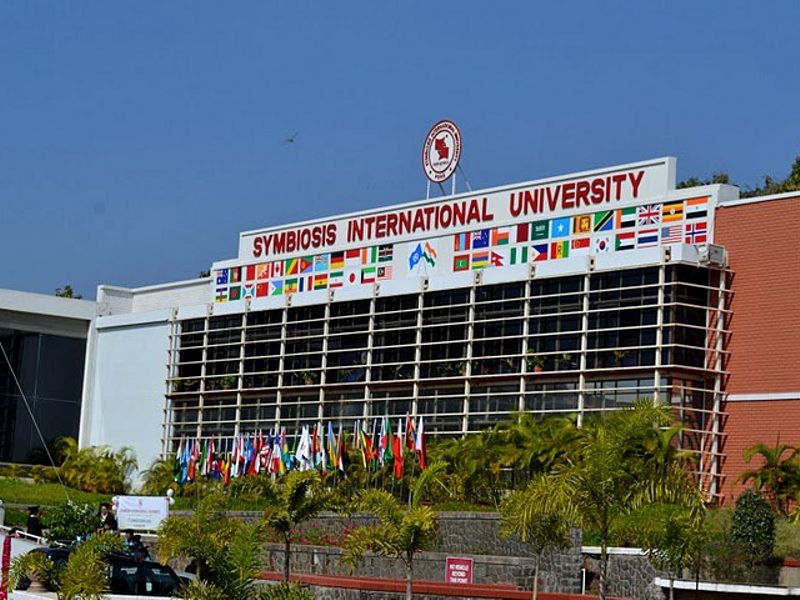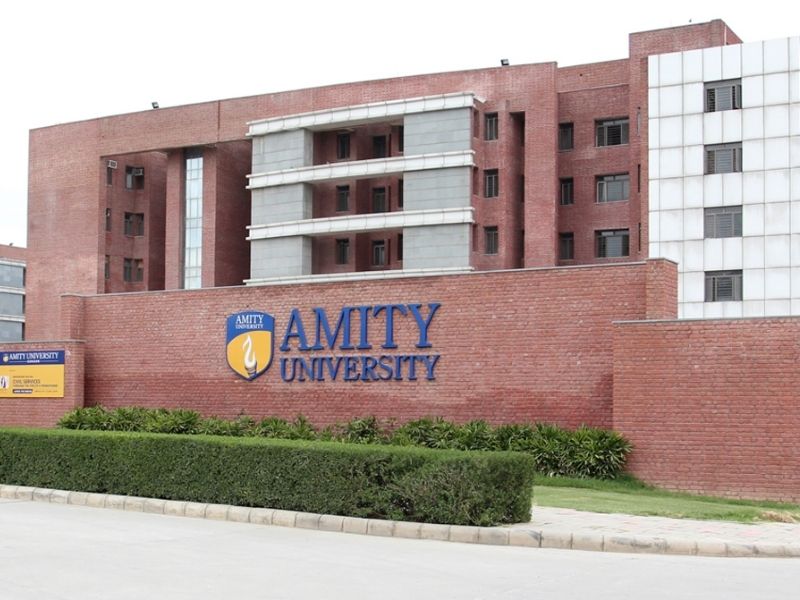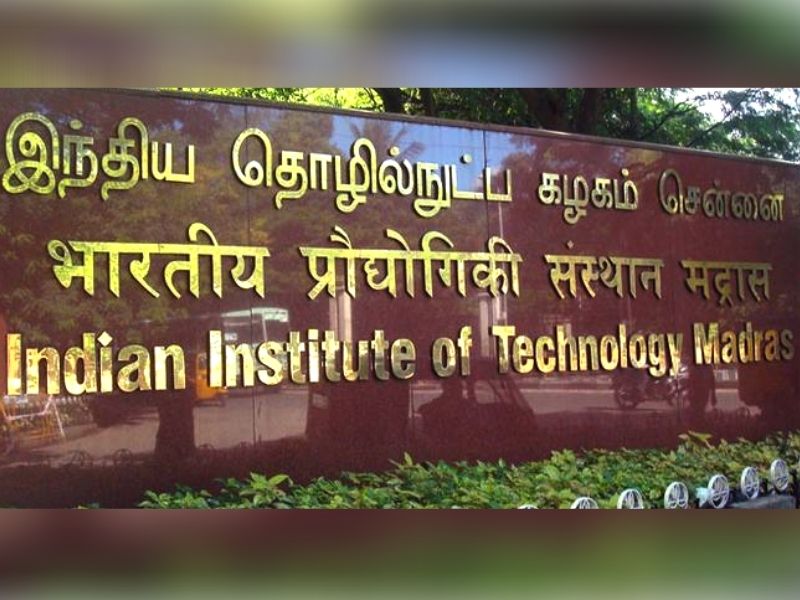-Riya Ganguly
With admission season looming close, do the various classifications of universities confuse you? What does a “deemed university” mean and how is it any different from an autonomous college? Know the different universities and their classifications to gain clarity before sending in your applications.
According to the statutory body in charge of higher education- the University Grants Commission (UGC), there are four types of universities regulated by the UGC: Central, State, Deemed and Private universities. In addition to these four classifications, certain institutions are also granted autonomous status. Here are the different classifications of universities and what they mean:
Central or Union Universities

Central or Union Universities are those established by an Act of Parliament, and fall under the control of the Department of Higher Education (DHE) in the Ministry of Human Resources Development (MHRD). These universities are recognized and approved by the UGC.
Central universities are vested with the power to conduct their own admission process and exams, decide their own syllabus and grant their degrees to students. There are currently 54 UGC-published central universities such as the University of Delhi, Jawaharlal Nehru University, University of Hyderabad and Banaras Hindu University, among others.
State Universities

State universities are those which are established, funded and run by the respective state government. Established by a provincial or state act, state universities became a joint responsibility of the state and central governments (according to the 1976 constitutional change).
The UGC has the right to allocate and distribute the funds and grants allocated to state universities. State universities have the power to conduct their own admission process and exams, decide their own syllabus and grant their degrees to students and may receive UGC or central assistance when required. There are 426 UGC-listed state universities, such as the University of Calcutta, University of Madras and University of Bombay, among others.
Deemed Universities

Deemed university is an accreditation granted to universities in India on the recommendation of the UGC by the DHE, according to which these universities enjoy the academic privileges and status of a university.
Deemed Universities are granted autonomy in deciding their course content, syllabus, admission process, exam structure and fees. However, they may or may not choose to grant degrees to its students. There are currently 125 deemed universities in India, some of which include Christ (Deemed to be University), Jain (Deemed to be University), Narsee Monjee Institute of Management Studies, Symbiosis International University and Kalinga Institute of Industrial Technology.
Private Universities

Private Universities are established by an act of a local legislative assembly and unlike central and state universities, are not operated by any state or central governments. They may however be subject to government regulation and may receive public student grants, loans and tax breaks if required. These universities are recognised by the UGC and must adhere to UGC-stipulated rules and regulations during UGC-mandated inspections.
Private universities have the autonomy to decide their course content, syllabus, admission process, exam structure and fees and can grant degrees to students. However, they cannot affiliate colleges, and they are not allowed to establish off-campus institutions until they complete five years and receive the approval of the UGC. There are currently 279 private universities in India, some of which include Amity University, Manipal University, Ashoka University, VIT and SRM.
Autonomous Institutes/Colleges

Autonomous institutes are those falling under the administrative control of the DHE, and are not affiliated to any state or central government.
Autonomous institutes are not given a “university status”, but can exercise full autonomy in deciding their course content, syllabus, admission process, exam structure and fees and may or may not choose to grant degrees or diplomas to its students. Autonomous colleges cannot award degrees; they have to be affiliated to a university, which will then award the degrees or diplomas to the students. Autonomous institutes, however, can grant degrees to its students but cannot award diplomas.
Certain autonomous institutes (of national importance) are not accorded “university status” but are permitted to award degree. Such institutes include IITs, IIITs, IIMs, NITs and AIIMS.
Also read: EW India Higher Education Rankings 2021-22























